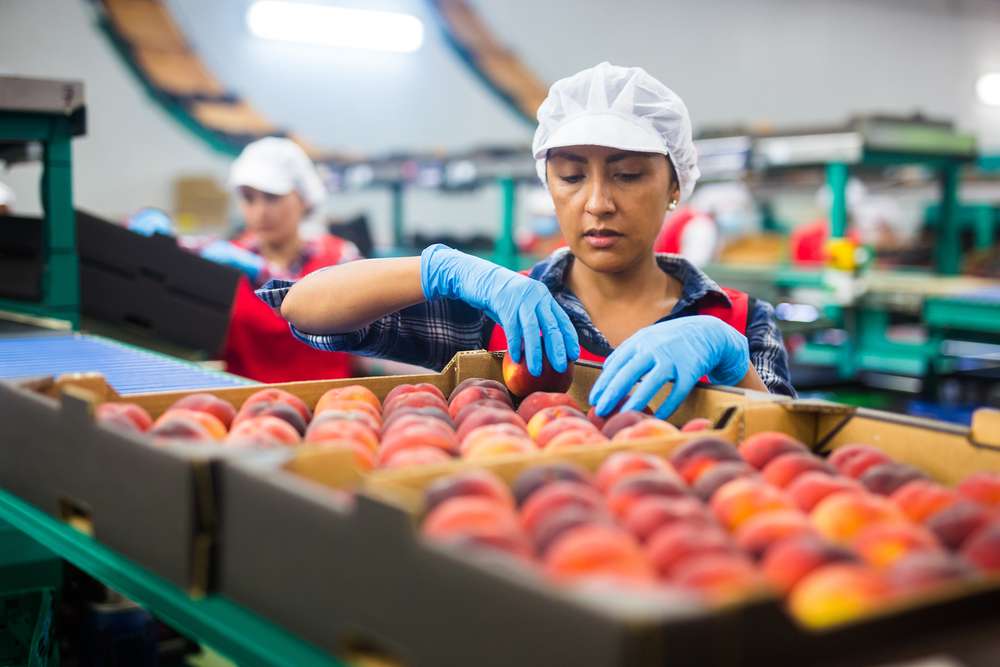Understanding Food Packing Jobs: Opportunities, Benefits, and Career Insights
Food packing jobs play a crucial role in the food industry, ensuring products are safely packaged and ready for distribution. This article explores the various aspects of food packing jobs, including their benefits, salary expectations, and notable employers in the field.

The food processing industry continues to expand globally, creating numerous employment opportunities in food packaging facilities. These positions play a crucial role in ensuring that food products reach consumers safely and efficiently while maintaining quality standards throughout the supply chain.
What Exactly Are Food Packing Jobs?
Food packing jobs involve the manual or semi-automated packaging of various food products in manufacturing facilities, processing plants, and distribution centers. Workers in these positions handle tasks such as placing food items into containers, sealing packages, applying labels, and conducting quality checks. The work typically takes place in temperature-controlled environments that meet strict hygiene and safety regulations.
These positions encompass various food categories including fresh produce, frozen foods, dairy products, baked goods, and processed meals. Workers may specialize in specific product lines or rotate between different packaging stations depending on production needs and facility requirements.
What Skills Are Required for Food Packing Jobs?
Food packing positions require a combination of physical abilities and attention to detail. Workers must possess good hand-eye coordination for accurate placement of products and the ability to stand for extended periods during shifts. Physical stamina is essential as the work involves repetitive motions and may require lifting packages weighing up to 25-50 pounds.
Attention to detail is crucial for maintaining quality standards and ensuring proper labeling and packaging. Workers must follow strict food safety protocols, including proper hygiene practices and adherence to temperature requirements. Basic math skills help with counting products and understanding production quotas, while the ability to work efficiently in a team environment is valuable for meeting daily targets.
Many employers provide on-the-job training for food safety procedures and equipment operation, making these positions accessible to individuals without prior experience in food processing.
What Are the Benefits of Part-Time Food Packing Jobs?
Part-time food packing positions offer several advantages for workers seeking flexible employment arrangements. These roles often provide scheduling options that accommodate students, parents, or individuals pursuing other commitments. Many facilities operate multiple shifts, allowing workers to choose morning, afternoon, or evening hours based on their availability.
The work typically offers steady income with opportunities for overtime during peak production periods or seasonal demands. Part-time positions may include benefits such as employee discounts on company products, access to training programs, and potential advancement to full-time roles or supervisory positions.
These jobs also serve as valuable entry points into the food processing industry, providing experience that can lead to career advancement in quality control, production supervision, or specialized technical roles within food manufacturing facilities.
Career Development and Advancement Opportunities
Food packing jobs often serve as stepping stones to more specialized roles within the food processing industry. Experienced workers may advance to positions such as quality control inspectors, line supervisors, or equipment operators. Some facilities offer internal training programs that help employees develop skills in food safety management, production planning, or maintenance procedures.
Continuous learning opportunities include certifications in food safety protocols, equipment operation, and quality assurance procedures. These credentials enhance career prospects and may lead to higher-paying positions within the same company or at other food processing facilities.
Working Conditions and Environment
Food packing facilities maintain strict environmental controls to ensure product safety and quality. Workers typically wear protective clothing including hairnets, gloves, and safety shoes. The work environment is generally clean and well-lit, with temperature controls that may vary depending on the type of food products being processed.
Safety protocols are rigorously enforced, with regular training on proper lifting techniques, equipment handling, and emergency procedures. Most facilities provide break areas and employee amenities to support worker comfort during shifts.
Food packing jobs offer valuable employment opportunities in a stable industry with consistent demand for skilled workers. These positions provide practical experience in food processing while offering potential pathways for career advancement. Whether pursued as part-time work for additional income or as an entry point into the food processing industry, these roles contribute to essential operations that keep food products moving efficiently from production facilities to consumers worldwide.




